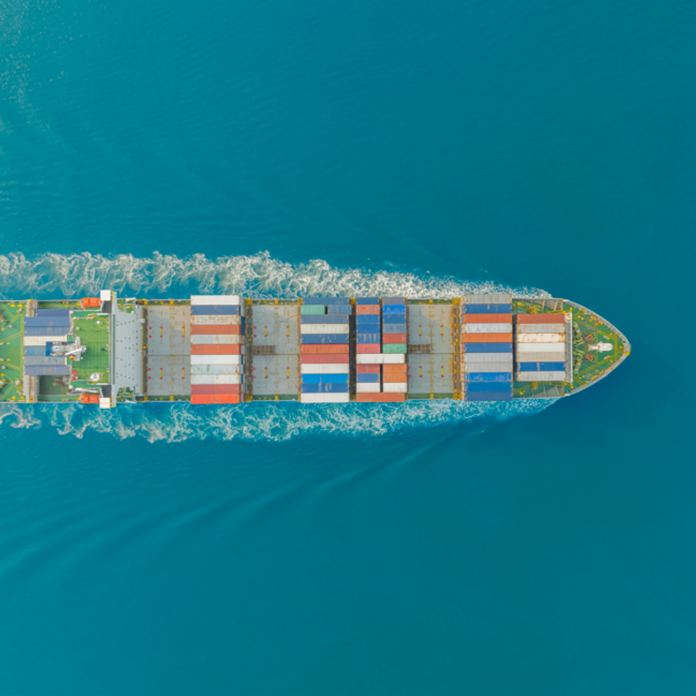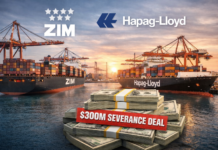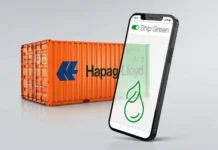
A new publication from the Maritime Emissions Reduction Centre (MERC) emphasizes the need for efficiency measures to be implemented across the existing fleet to meet the IMO’s Mid-Term GHG reduction targets.
The report highlights that by enhancing operational efficiency, the maritime sector can reduce the demand for alternative low-GHG fuels, which will ultimately lower the energy transition cost.
The publication “IMO Mid-Term GHG Reduction Measures as a Driver for Efficiency” explores the challenges and opportunities arising from the IMO’s mid-term measures. Set to be approved in April 2025 and implemented by 2027, these measures introduce economic components, including a GHG pricing mechanism, and a goal-based fuel standard that will regulate the gradual reduction of the GHG intensity of marine fuels.
However, most new low-carbon fuels are incompatible with current vessels, and the maritime industry will face competition from other sectors for suitable drop-in fuels. Therefore, improving the efficiency of the existing fleet is essential for cutting GHG emissions while maintaining global trade operations.
The introduction of economic mechanisms like GHG pricing will stimulate investments in technologies that reduce energy consumption and emissions, thereby driving efficiency improvements in shipping.
Stelios Korkodilos, Director of the MERC, commented: “While alternative fuels will play a vital role in shipping’s decarbonisation journey, efficiency improvements will be critical for the existing fleet. Most new low-carbon fuels aren’t suitable for existing vessels, and the maritime sector will compete with aviation and road transport for limited supplies of drop-in alternatives.”
“MERC will work with all industry stakeholders to overcome the technical, financial, and commercial barriers that hinder the uptake of solutions for the existing fleet and support shipping’s transition to a low-GHG future.”
This publication marks the first from the Athens-based MERC, a non-profit organization that Lloyd Register’s Maritime Decarbonisation Hub established in partnership with five prominent Greek ship-owning companies: Capital Group, Navios Maritime Partners, Neda Maritime Agency, Star Bulk, and Thenamaris.
MERC was founded to address a gap in the maritime industry’s decarbonisation efforts. While there are numerous initiatives focused on future energy solutions, particularly in alternative fuels, there is a need for a focused approach to address the immediate challenges of the existing fleet using conventional fuels and help reduce its GHG emissions. MERC plans to use applied research and innovation to eliminate uncertainties and barriers, facilitating the adoption of technologies and solutions today.





